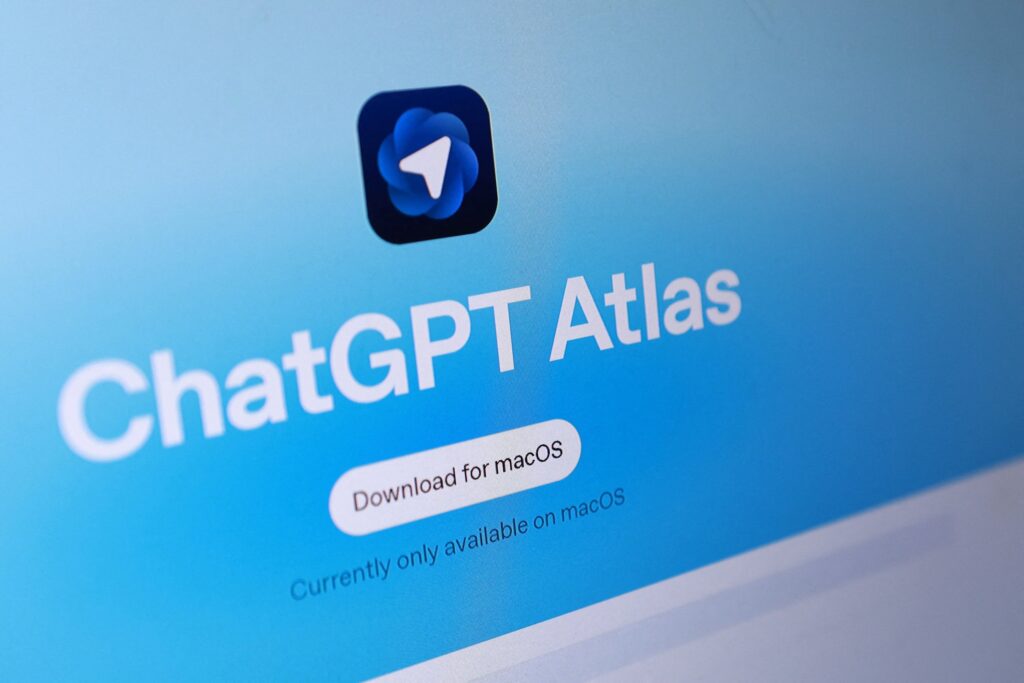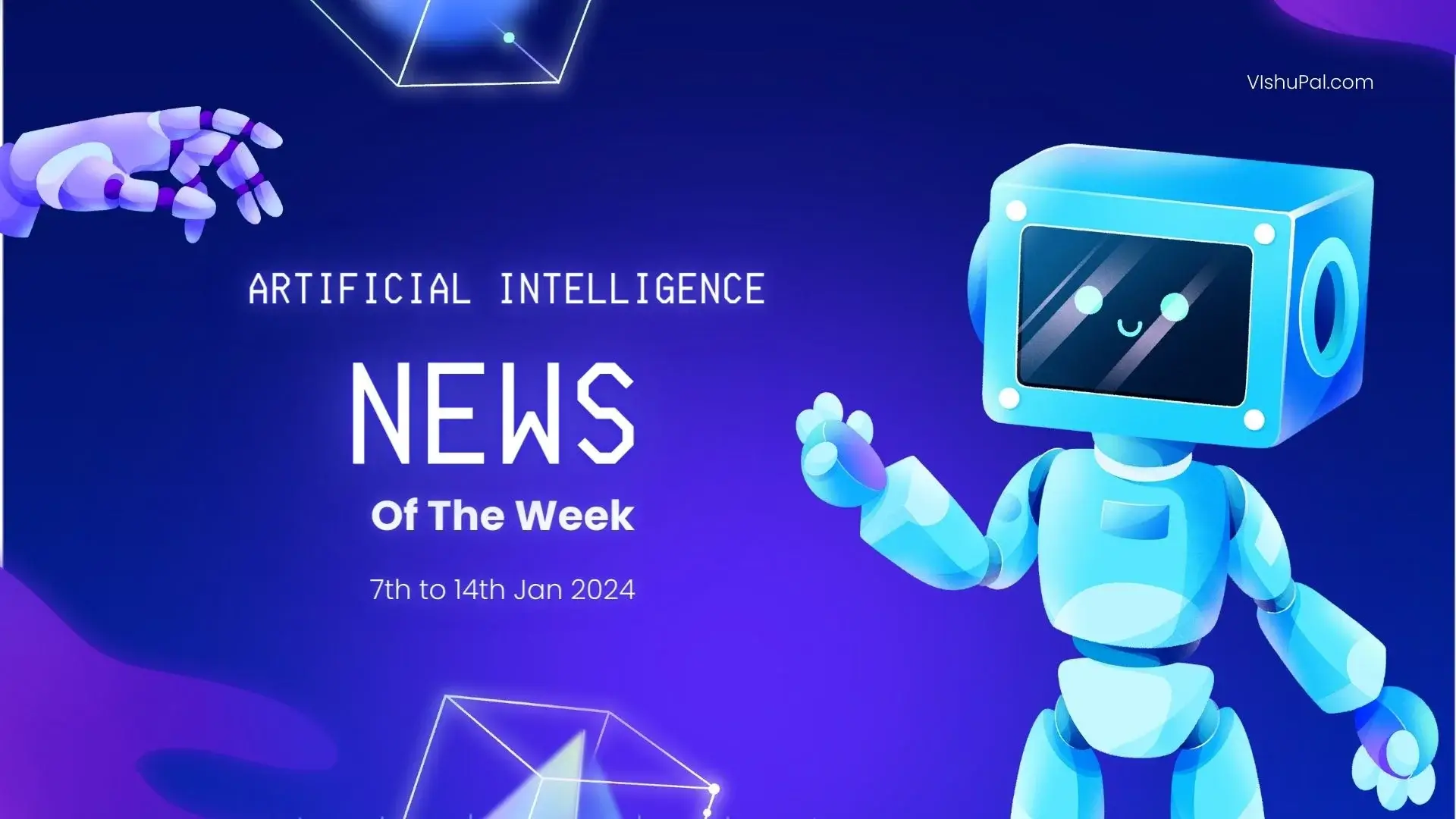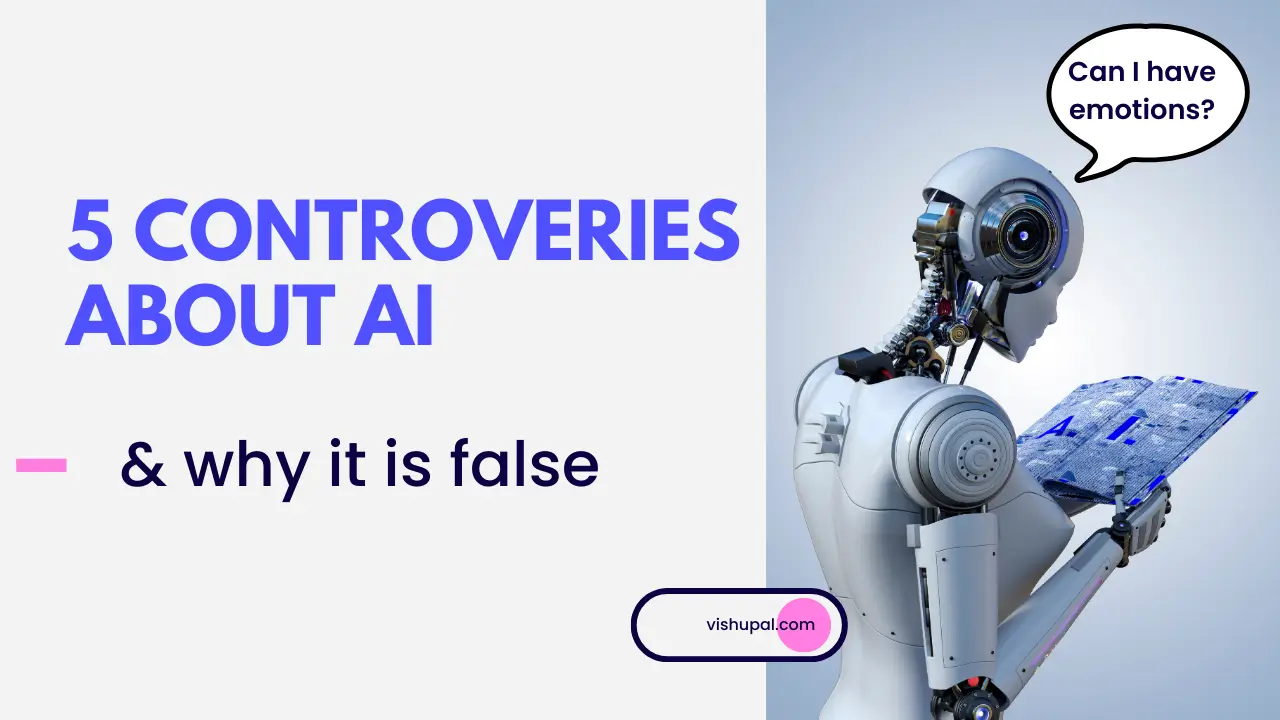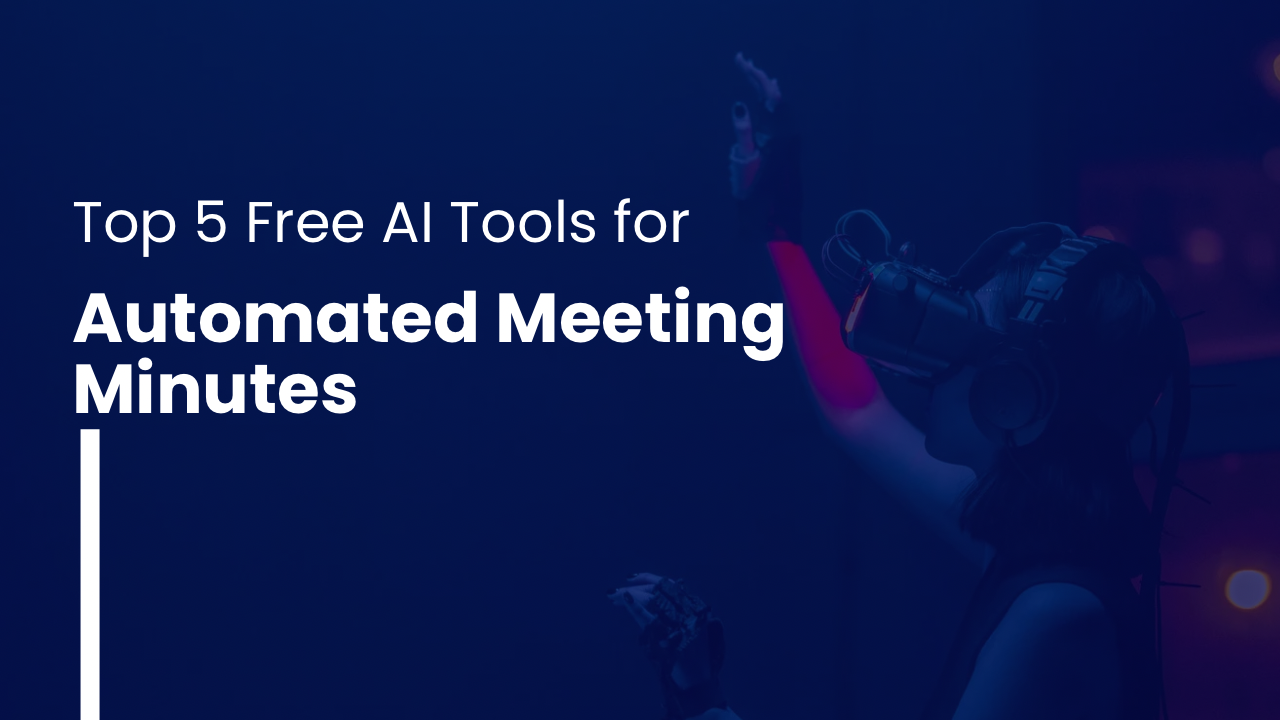The Web as you know it just ended.
On Tuesday, OpenAI, the world’s most valuable startup, didn’t just release a new product; it launched a direct, hostile takeover bid for the internet’s front door. Their new AI-powered web browser, ChatGPT Atlas, is more than a competitor to Google Chrome, it’s a revolutionary architecture designed to bypass Google’s $200 billion search monopoly.
The stakes were immediately clear: following the announcement, Alphabet (Google’s parent company) saw a dramatic drop in market value, signaling that investors are finally panicking over AI’s greatest threat.
This isn’t about faster page loads; it’s about the death of traditional browsing.
The feature that’s sending shockwaves across Silicon Valley is not the chatbot, but the ChatGPT Atlas Agent Mode features.
Exclusive Preview: How the ChatGPT Atlas Agent Mode Works
OpenAI CEO Sam Altman called Atlas a “rare, once-a-decade opportunity to rethink what a browser can be.” The Agent Mode, a premium feature for Plus and Pro subscribers, is the ultimate expression of this vision.
It turns the web from a collection of links you navigate into a tool the AI uses on your behalf.

What Agent Mode Can Do (And Why It’s a Game Changer):
| Feature | Function | Traditional Browsing vs. Atlas |
| Autonomous Tasking | The AI physically clicks, types, and navigatesacross multiple tabs/websites. | You click 100+ times to plan a trip. Atlas clicks for you while you watch. |
| Contextual Memory | Atlas learns your preferences, financial habits, and history and applies them to new tasks. | A standard browser has a history log. Atlas has personalized memory that informs every chat response. |
| URL Bar Replacement | Altman hopes a chatbot interface replaces the standard URL bar as the primary way you interact with the internet. | You search for a recipe. Atlas delivers the dish and a tailored shopping list, all without you clicking a search result. |
In short, Agent Mode is an AI assistant given the keys to your entire browser.
The Google-Sized Problem: A War for Internet’s “Lifeblood”
Google Chrome currently commands approximately 3 billion worldwide users. Its success was built on speed (in 2008) and ubiquity. For OpenAI to succeed, it must repeat history, but on a different axis: intelligence.
The competition is no longer between browsers; it’s a battle over who controls the first answer.
- The Ad Revenue Threat: If Atlas successfully gives users a summarized, actionable answer via Agent Mode, users won’t click through to the publisher’s site—or Google’s ad-laden search results. This directly threatens Google’s core search advertising revenue.
- The Monopoly Context: This move comes directly after a U.S. District Judge rejected the Justice Department’s bid to force Google to sell Chrome, citing that AI competition is already reshaping the landscape. OpenAI is proving the judge right.
- The Chromium Irony: Reports suggest Atlas is built on Google’s own Chromium open-source technology—OpenAI is using Google’s foundation to build its ultimate competitor.
The Viral-Sized Privacy Risk: Is Convenience Worth the Cost?
While the Agent Mode features are a monumental leap in convenience, they come with a chilling trade-off that is primed to be the biggest talking point and source of virality for this launch.
As Forrester analyst Paddy Harrington points out, this mode is “taking personality away from you.”
“Your profile will be personally attuned to you based on all the information sucked up about you… But is it really you, really what you’re thinking, or what that engine decides it’s going to do?”
The “Browser Memories” feature where the AI remembers facts, insights, and your intent from past sessions—is an unprecedented level of surveillance. OpenAI says this memory is optional, controllable, and won’t be used to train models by default, but the confusion over what is being stored is a massive FUD (Fear, Uncertainty, and Doubt) factor.
The Creator Crisis:
Finally, the Atlas model is a direct attack on publishers. If 60% of Americans already rely on AI for information, a browser that specializes in summarizing and completing tasks without clicking links could further “cut off the lifeblood of online publishers” a critical issue that is currently fueling high-profile copyright lawsuits against OpenAI.
The Future of the Internet: Chat Window vs. URL Bar
The launch of ChatGPT Atlas with its powerful and invasive Agent Mode features marks the end of the 20-year dominance of the traditional browser.
The question is no longer if AI will change how we use the internet, but who will control that change: Google with its deeply integrated Gemini AI in Chrome, or the revolutionary architecture of OpenAI’s Atlas.
Will the convenience of letting an AI agent manage your online life be enough to topple Chrome’s 3-billion-user kingdom? The AI Browser Wars have officially begun.
Will you switch to ChatGPT Atlas for the Agent Mode? Let us know in the comments!
You may also like: How to make an AI Agent for FREE




